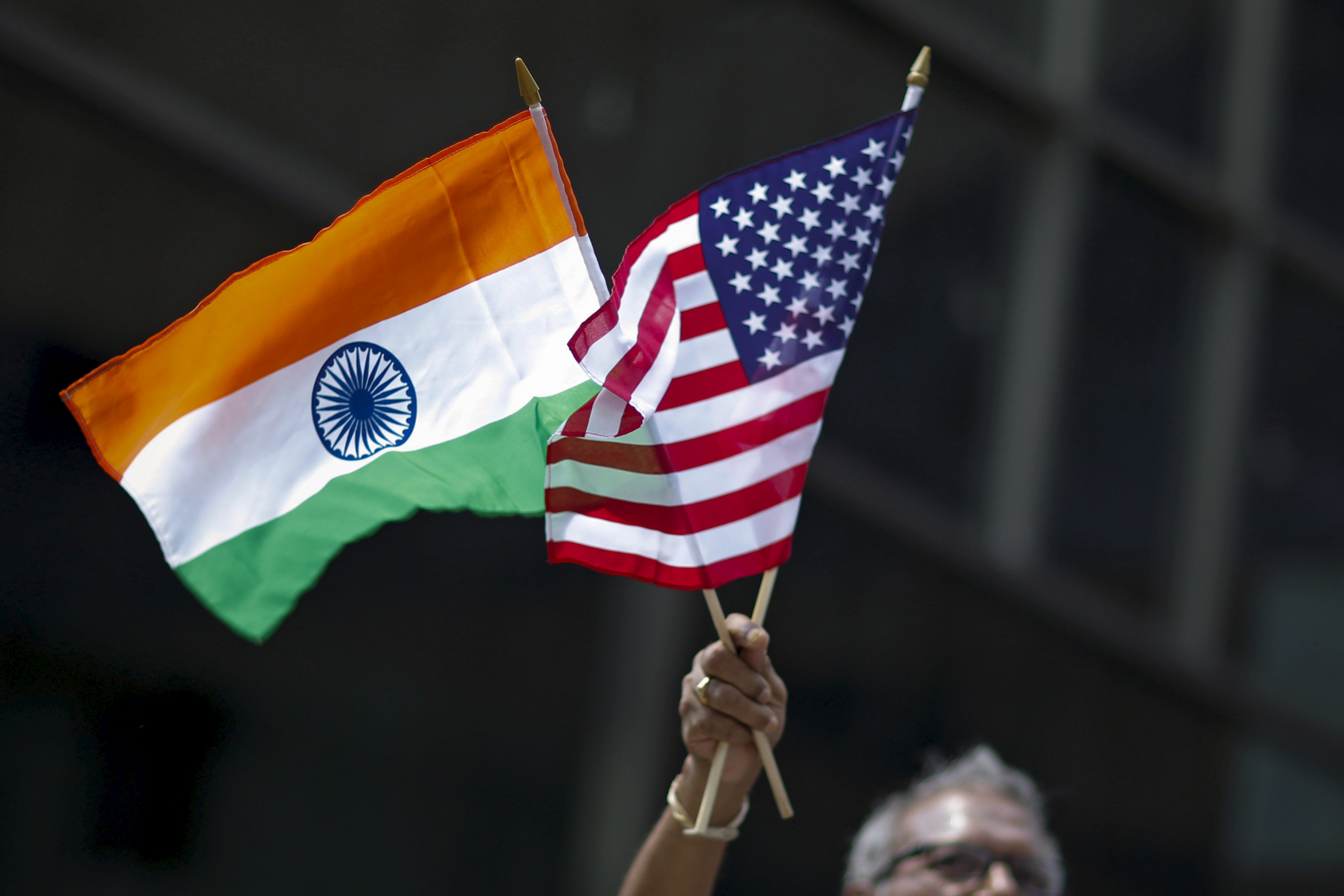

The U.S.-India defense and security relationship has continued to deepen, aided by robust political commitments in both countries and converging concern about growing Chinese assertiveness across the Indo-Pacific. The United States and India have expanded their defense activities and consultations, and recently concluded two additional so-called “foundational defense agreements,” capping off a nearly two-decade effort by U.S. policymakers to formalize the legal sinews of operational defense cooperation. This positive trajectory is, however, by no means guaranteed to continue apace. There are rising concerns in the United States about India’s fiscal limitations, its ties with Russia, its ponderous response to a pattern of Chinese provocations on its border, and its drift toward illiberal majoritarian politics. In addition, the Biden administration will likely seek, for good reason, to rebalance the bilateral relationship away from a disproportionate focus on security issues in order to address a wider array of topics including global health, energy and climate change, and technology cooperation.
In light of these dynamics, this paper presents a practical agenda for the next phase of the U.S.-India defense and security relationship — one that builds incrementally on the progress that has been made, responds to the changing regional security environment, and accounts for both governments’ political and capacity constraints. It begins by arguing that the United States can do more to articulate its key priorities in engaging India on security issues: first, supporting India’s rise as a constructive global leader and counterweight to Chinese influence; second, limiting China’s ability to coerce India and other states in South Asia; and third, mitigating the risks, and enabling de-escalation, of inevitable India-Pakistan and India-China crises. It also makes a case for charting reasonably ambitious defense and security goals and avoiding crude conditionalities that would likely prove counterproductive.

India As Pompeo heads to Delhi, the US-India relationship is at a critical juncture